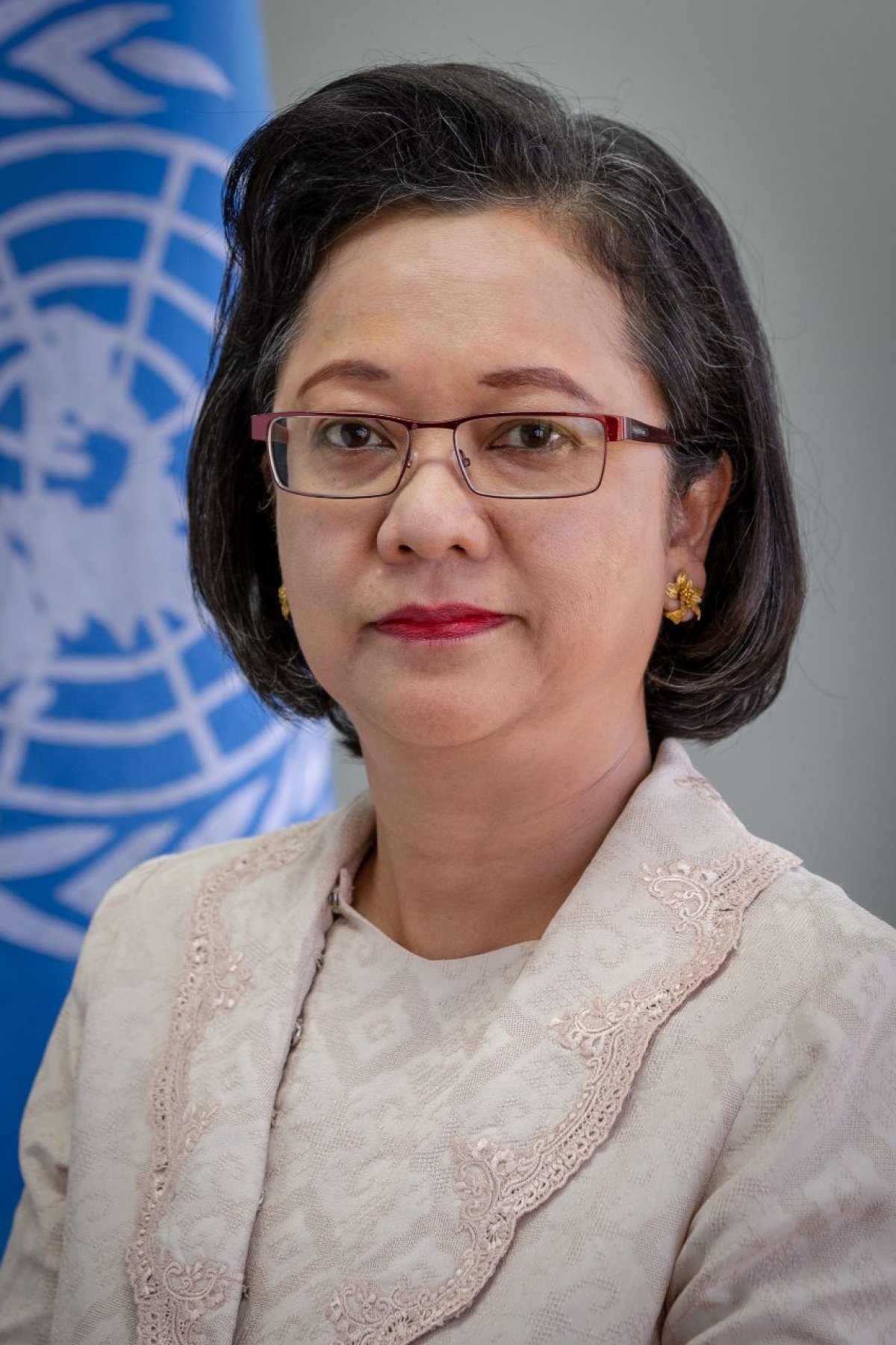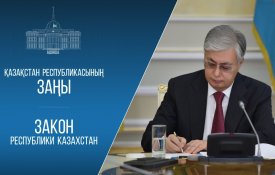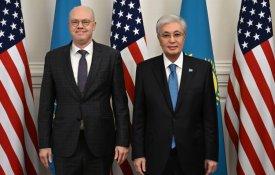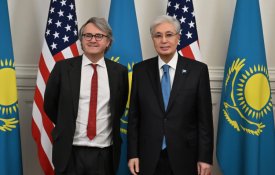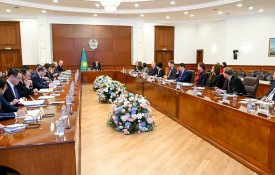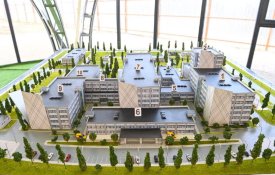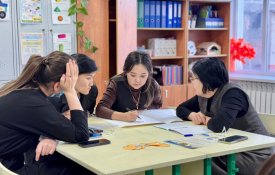
Armida Salsiah Alisjahbana
Leading world scientists and experts gathered this week at the Astana Economic Forum.
Their focus is on the Agenda of United Nations Sustainable Development until 2030 and how it should influence the formation of long-term strategies for economic growth and social development in Kazakhstan and Central Asia. When considering international best practices and practical solutions, we need to always keep in mind one long-term goal: deepening economic integration between Central Asia and the region as a whole. This is one of the key means of accelerating progress towards achieving the Sustainable Development Goals. Kazakhstan, which has extensive experience in reforming and modernizing its economy, mainstreaming sustainable development and successfully attracting foreign direct investment, can make a significant contribution to this activity.
This contribution is important because our analysis demonstrates that the region should significantly increase its efforts to achieve sustainable development. In the Asia-Pacific region, progress has been made in eradicating poverty and providing universal education. Measures are being taken to ensure affordable clean energy. However, given the current dynamics, the region needs to make more efforts to achieve all 17 sustainable development goals. This also applies to Central Asia, where it is necessary to take measures to improve the situation in the field of gender equality, build sustainable cities and communities and ensure decent work and economic growth, as foreseen in Goal 8 in the field of sustainable development. Regional economic integration will be a key component in addressing these challenges.
Kazakhstan has demonstrated its commitment to achieving this goal for a long time, despite the fact that it has been affected by financial and economic crises in international markets. The economy and public life are being digitized, and key programs such as the Business Road Map and the Employment Program are being introduced. Deeper economic integration, supported by improved transport infrastructure and trade facilitation measures throughout North and Central Asia, can contribute to the implementation of the Kazakhstan – 2050 Strategy, aimed at achieving annual sustainable growth and creating a diversified knowledge-based economy. In addition, such integration will allow for the diversification of the economy necessary for a more fair distribution of wealth in the subregion. Today, trade between the countries of North and Central Asia accounts for only 8 percent of the exports of these countries, which is a much more modest figure compared with other parts of the Asia-Pacific region. Exports of the region are mostly focused on low-value-added products, and the region’s foreign direct investment is focused on the exploitation of natural resources. The lack of access to the sea in many countries leads to particularly high trade costs, which seriously affects competitiveness. To overcome these difficulties, both physical and soft infrastructure is needed.
If we start considering the issue from the physical infrastructure, in particular, the transport infrastructure, we can say that there is a strong foundation for further development. The United Nations-supported Initiative Asian Highway Network has promoted and facilitates the development of an efficient road infrastructure, transport links between Europe and Asia, and improved access to sea lanes. The support provided by ESCAP to “dry ports” leads to improved transport and logistics systems necessary for the efficient transportation of sea freight to areas within the country, by road or rail. The Kazakh-Chinese logistics terminal in the port of Lianyungang, the seaports of Aktau, Bautino and Kuryk and the “dry port” “Khorgos-Eastern Gates” on the border with China contribute to the deepening of regional integration. The operation of the recently opened “Kazakhstan-Turkmenistan-Iran” main railway line, which provides communication between the countries of Central Asia and the Persian Gulf and giving much-needed access to the sea, also contributes to it.
However, in order to fully utilize this material infrastructure, we also need to pay close attention to the elements of the non-material infrastructure. We need to abandon non-tariff measures and restrictive rules of origin, which affect trade and foreign direct investment. ESCAP maps the effects of non-tariff measures on intraregional trade and assists in strengthening the capacity of governments to reduce such effects. Also useful may be measures to automate trade, transit and investment procedures. Electronic exchange of trade data and documents between the countries of North and Central Asia could help reduce trade costs by 25 percent. In order to achieve these goals, the United Nations Treaty on the Facilitation of the Cross-Border Paperless Trade in Asia and the Pacific was recently agreed upon. As for the countries of Northern and Central Asia, Armenia and Azerbaijan have already signed this treaty and joined it. I express the hope that other countries in the region will follow this example, thanks to which it will be possible to extract the maximum benefit from the treaty.
The sustainable future of the countries of Northern and Central Asia will at least partly depend on the use of a sustainable approach to transport infrastructure and trade facilitation. There is a need for additional projects in the area of physical infrastructure, consistent norms and standards, and harmonized legal bases so that companies can enter new markets, expand and create jobs. ESCAP is committed to supporting intergovernmental work necessary for such integration, in collaboration with subregional organizations, such as the Eurasian Economic Union and the Shanghai Cooperation Organization. The location of Kazakhstan on the Eurasian continent means that it has favorable opportunities to facilitate the implementation of this agenda. I have high hopes for joint work with the leadership of Kazakhstan, aimed at deepening economic integration and achieving sustainable development by 2030. Ms. Armida Salsiah Alisjahbana is Under-Secretary of the United Nations and Executive Secretary of the United Nations Economic and Social Commission for Asia and the Pacific (ESCAP)


